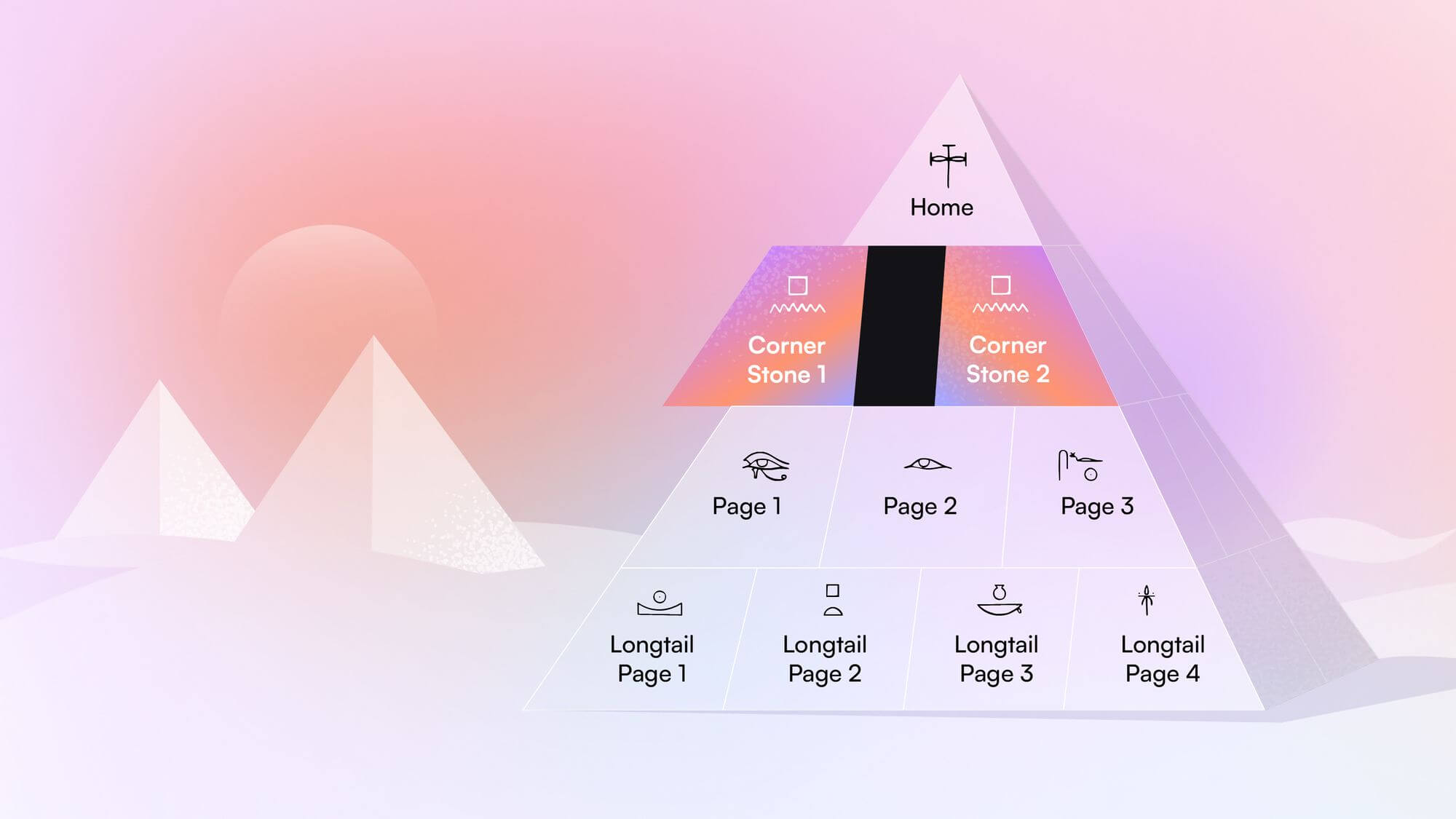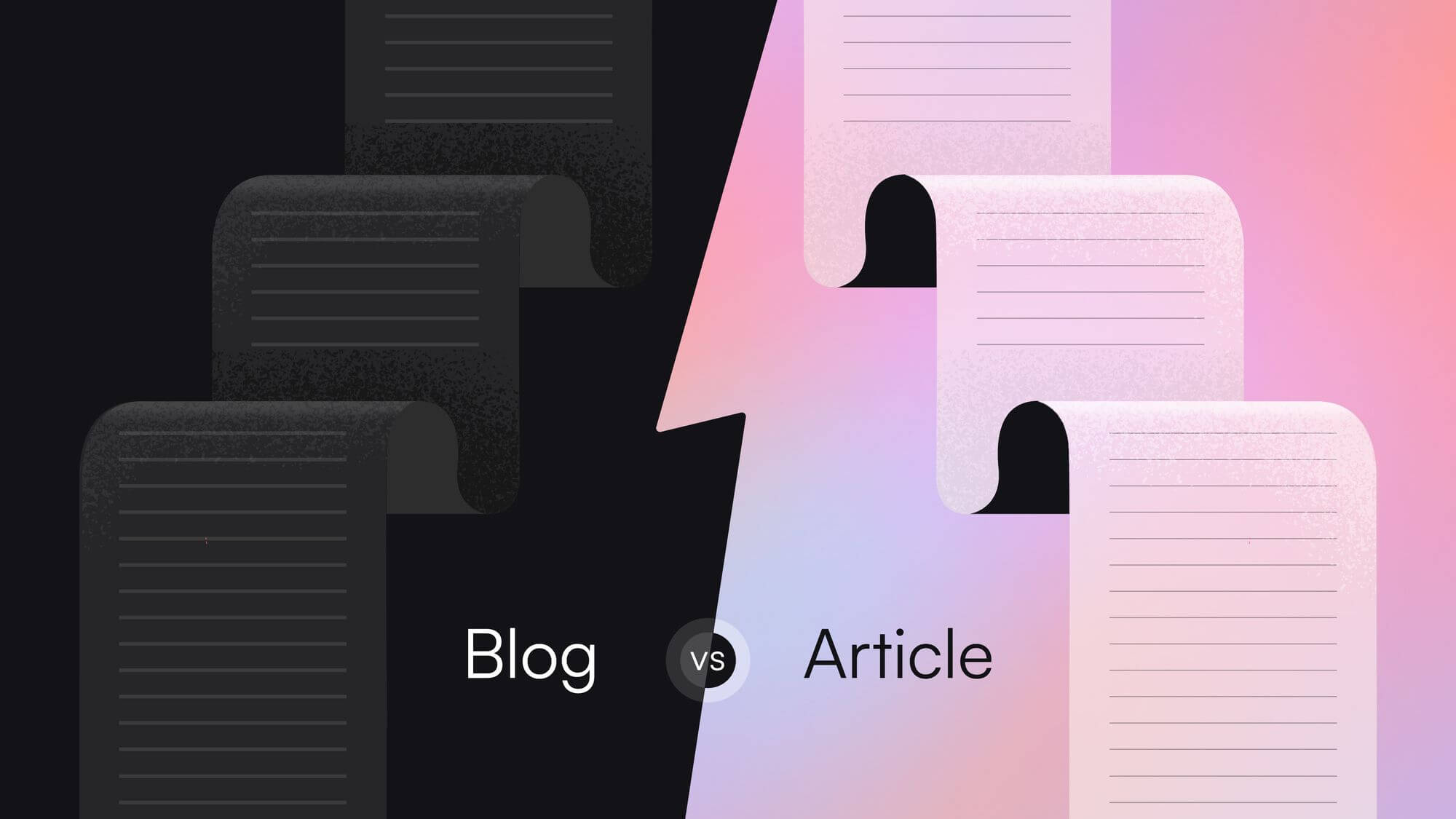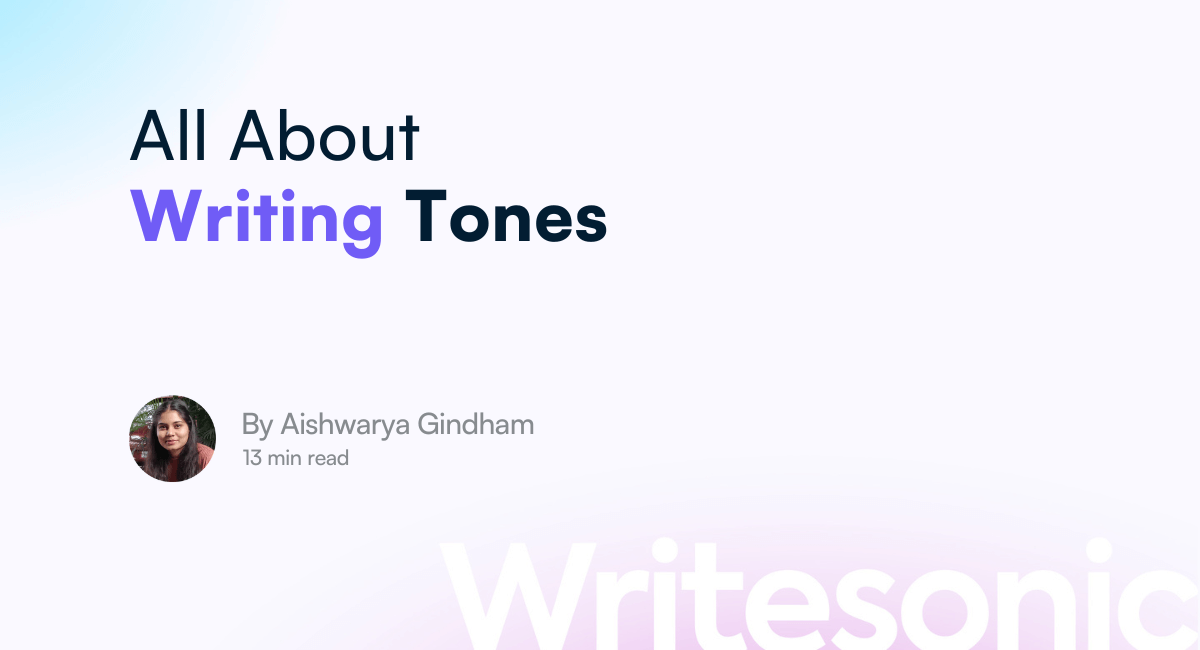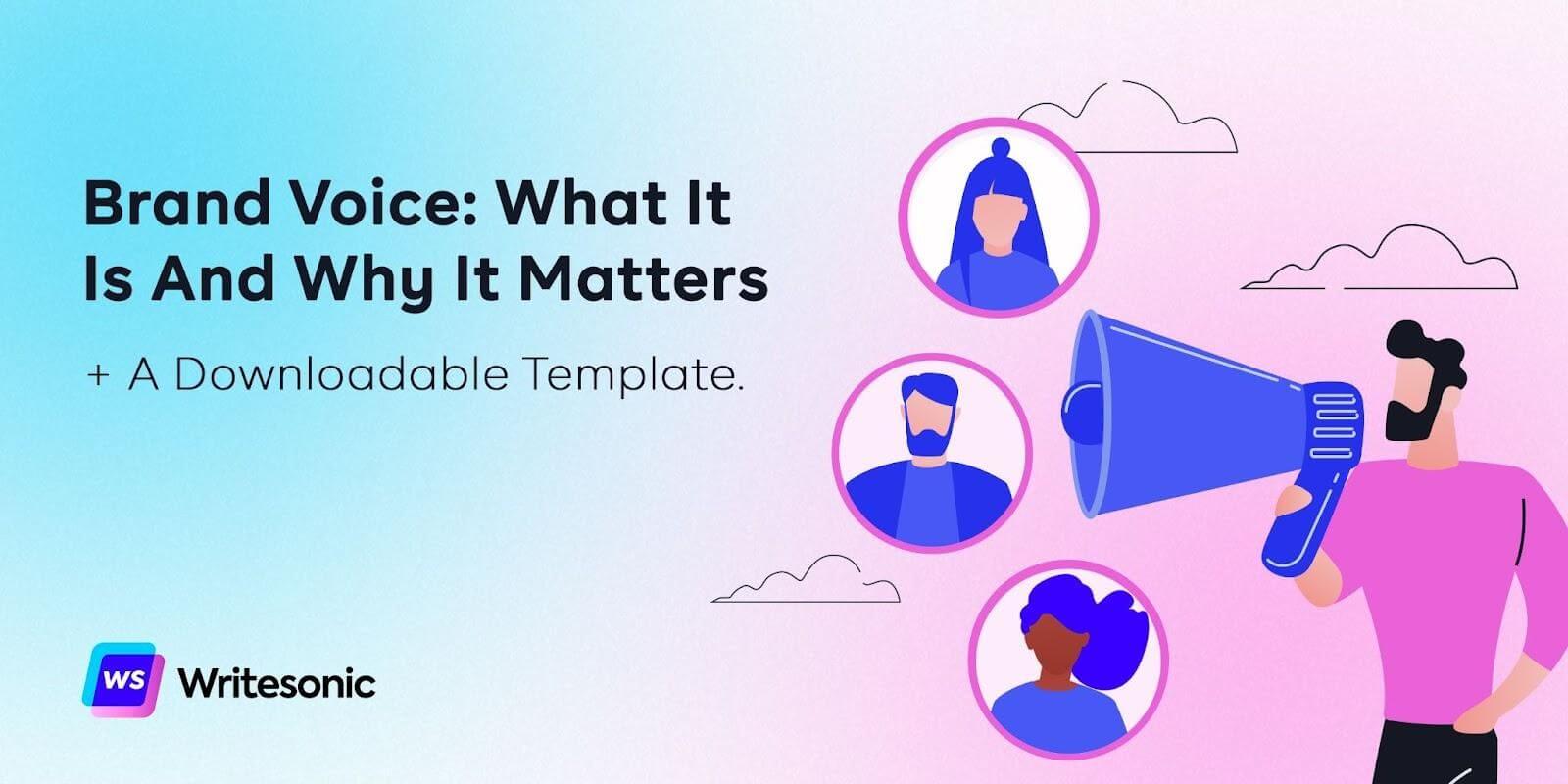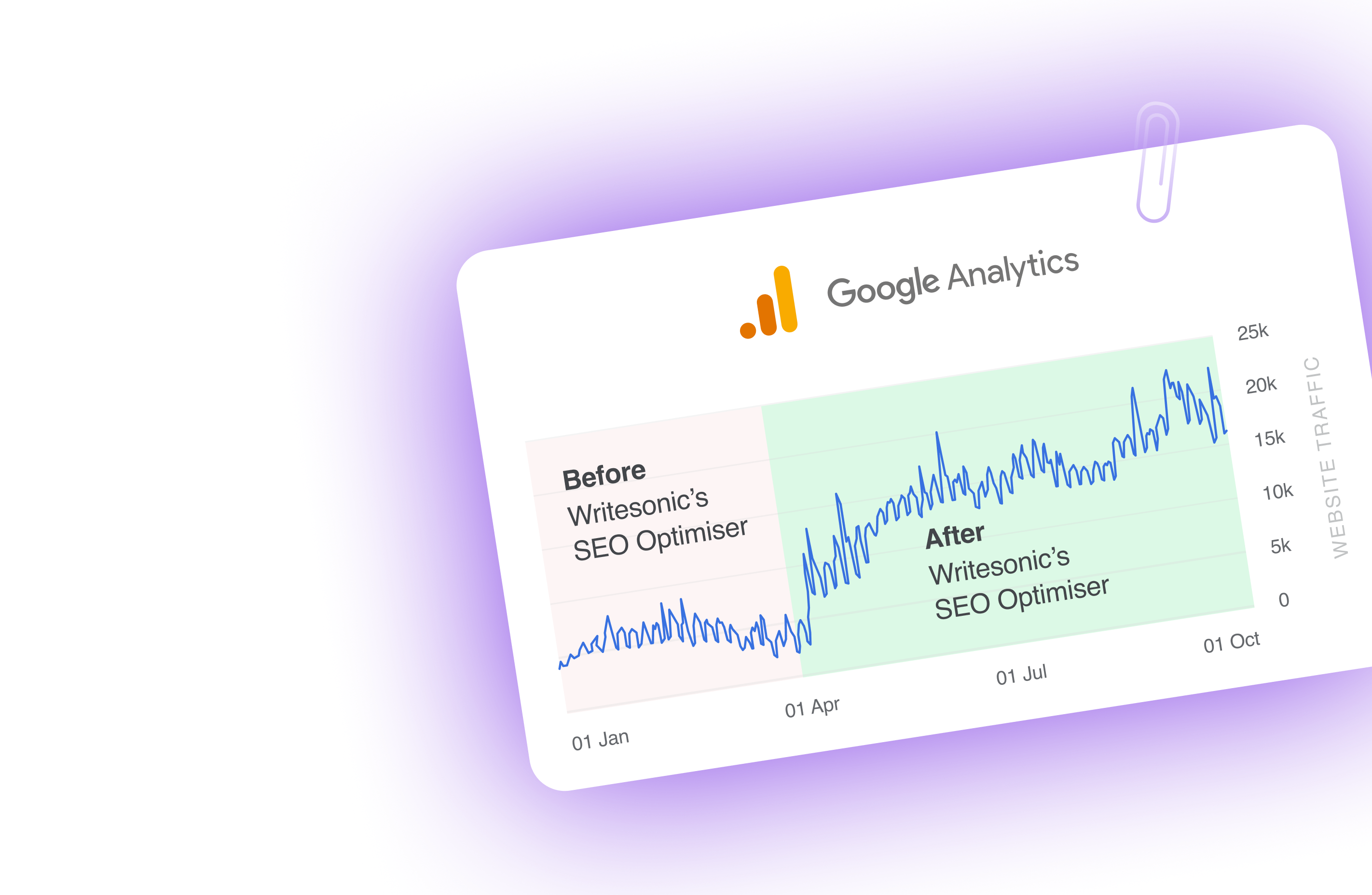When it comes to social media, there are so many different ways that you can use these platforms to grow your audience and reach new people.
One of the most popular ways is – Content creation.
The world of content is vast and ever-changing. With digitalization, there has been a major shift in the way people consume content. People have moved away from traditional forms of media, like newspapers and television, to digital forms, like blogs and vlogs. This growing demand for digital content has also changed the content creation process.
When it comes to content creation, the options are seemingly endless. However, there are two types of content that have become increasingly popular among brands and influencers: vlogging and blogging.
However, with so many people trying their hand at either vlogging or blogging, or both, you may be wondering if one is right for you and your brand. Which one is better? Which one should you choose? Are there pros and cons of each medium?
Here’s everything you need to know about the pros and cons of vlogging vs. blogging. so you can decide which one works best for you. Let’s break it down and help you decide which one is right for you.
What is Blogging?
Are you good with writing content pieces on various topics and want people to notice them? Then, blogging is for you!
However, many people are still skeptical if blogs are still a thing in 2022? If you are wondering the same, check this: 77% of internet users read blogs. Read on to know more!
Blogging is the act of writing or publishing articles about a certain topic, typically for online publication. A blog post can be a written piece of content that covers a specific topic. You can write about diverse topics that may include entertainment, politics, legal contracts, health, travel, food, and sports.
No matter if you do blogging as a side-hustle or a full-time job, you can use various blogging tools to speed up the entire process.
When it comes to formatting, blogs typically fall into one of two categories: personal or authoritative. Personal blogs are often written by individuals who share their own experiences, stories, and advice with their readers. Authoritative blogs, on the other hand, are usually written by experts in their fields. Such types of blogs are more focused on providing information, advice, and recommendations to help guide their readers. And the best part about blogging is that it is an organic way to market and attract your target audience without making them feel like they are marketed aggressively. Around 70% of consumers prefer blog posts to ads.
Pros of Blogging
Easy to Create Content
Looking for easy-to-create content? Blogging is the one. There’s no need to film a video, edit it, or upload it. All you have to do is type an article on a blogging platform and publish it online. You can use Article writer 3.0 to speed up the writing process.
Great for SEO
If you are looking to grow your brand online, blogging is the better option. Research shows that blogging is one of the best ways to improve your SEO, which is crucial for growing your audience and getting found online.
Strong Written Appeal
Want to appeal to more people who value great writing and look for reference content? Blogging is your best bet.
Grow your email list
If you’re looking to build your email list, blogging is the more effective medium. People are more likely to sign up for your list if they’re reading your content online.
More Resilient
Blogging has been around for so long; it’s much more resilient than vlogging. That means that even though vlogging is becoming more and more popular, blogging will still remain relevant and useful.
Engages Readers and Builds Trust
Blogging is an engaging form of content that can help brands build a loyal audience and engage their readers. Blogging can also help brands build trust with their audience by providing helpful, actionable advice that benefits the readers.
Cons of Blogging
Time-consuming
One of the biggest challenges when it comes to blogging is that it takes time to build a loyal base audience and it is not a side-hustle that generates instant income. Growing a blog post is not an overnight process. You need to be patient and consistent when it comes to creating and posting content.
Passion isn’t enough
Of course, you need passion to be a blogger! But it’s not enough. With passion, you need a solid vision and strategy to grow and succeed as a blogger.
Writer’s block is real
Well, there are days when writing doesn’t come naturally, or you get a creative block. And at that time, it can become tough to communicate information in an engaging and friendly way. Guess what? You can easily overcome this challenge using Article Writer 3.0.
What is Vlogging?
If you are someone who loves creating and sharing video content, vlogging is for you!
Vlogging is gaining a lot of popularity these days. Over 44% of internet users watch vlogs every single month. And 85% of businesses use video as a content marketing tool. Keep reading to know more about this powerful tool.
Vlogging, short for “video blogging,” is a form of blogging that uses video content rather than written content. Vlogging is similar to blogging in that it’s a way to share your thoughts and opinions, but it’s done through an online video channel. Also, they are a visual medium and are likely to get more engagement than text-based posts. People now invest in point-and-shoot cameras to make the video content even better.
Wondering how long your video needs to be? Well, it can range anywhere from a few minutes to an hour or more. However, the length will depend on what your vlogs are about and how much content you want to cover and you can easily customize the duration using a video maker tool.
More than 61% of vloggers upload more than one video a week. You can create videos and publish them online through various platforms such as blogs, YouTube, or others. Next, in terms of content, it can vary from person to person. Let’s say some vloggers create videos about their lives, while others concentrate on sharing their expertise by providing advice and recommendations on a specific topic. 86% of the vlog content on YouTube comes from YouTube creators.
Pros of Vlogging
Vlogging is fun
If you are comfortable in front of the camera, then vlogging can be a ton of fun for you. In fact, it can become the time of the day you eagerly look forward to. Plus, while vlogging, you get a chance to grow your network and meet new people. Collaborating with them can also help you to grow your channel.
Strong Visual Appeal
Of course, video content is more appealing as compared to text content. Statistics show that youtube is the second most visited website globally. So, if you’re looking to appeal to more visual, sensory-based people, vlogging is your best bet.
Builds a Loyal Audience
Video content is extremely engaging, and it’s easy for people to get hooked on certain vloggers’ channels. Moreover, it is easy to get involved in the content and get their feedback in real-time. Because of this, vloggers can easily build a loyal audience that’s interested in what they have to say.
Highly Adaptable
Vlogging can be done in so many different ways and with a variety of different formats. You can do a vlogging “how-to” style, a Q&A session, an unboxing, a walkthrough, etc. You can really customize vlogging to fit your brand, and it’s easy to switch up the format to keep it fresh. Sounds interesting, right? You can generate more ideas with the YouTube idea generator.
Cons of Vlogging
Time-Consuming
Vlogging is super time-consuming. You need to work on the script, shoot the video, edit it, post it on social media platforms, promote it, engage with your audience and do a lot more. All this can take a lot of your time, and sometimes you may even find yourself spending more time on each vlog than you anticipated.
Finding your voice can be difficult
One of the cons of vlogging is that it may take you some time to find your voice. When you first start vlogging, it can be difficult to figure out how you want to present yourself and what you want to say. You need to define your brand voice and be consistent with it throughout.
Haters are everywhere
Let’s be straight; you cannot please everyone. There might be times when people can get rude illogically. And, you need to accept this and move on. Learn how to deal with hateful comments, know your worth, and keep vlogging!
The Difference Between Blog and Vlog
Type of content
This is the first and most obvious difference between a blog, and a vlog is the type of content. A blog is a written form of content, which may include while a vlog is a video form of content.
Platforms
Blog hosting platforms are Tumbler, Appy Pie website, WordPress, Bluehost, Blogger, and more, whereas vlogs are mostly posted on Youtube, Instagram, and more.
Revenue
Bloggers can earn money through affiliate marketing, while vloggers can make money with the help of advertisements.
Frequency
Blogs are published on a more consistent basis, while vlogs are published less frequently and on a more sporadic basis.
Engagement
What’s more, creators can join online community platforms where members are encouraged to interact and share their content. So, vlogging has more engagement.
In a nutshell
In the end, both vlogging and blogging are excellent forms of content creation, and there’s no right or wrong decision. Ultimately, you have to decide which one works best for you and your brand.
There are pros and cons to both vlogging and blogging, but you may be able to find a way to incorporate both forms of content into your marketing strategy if you want. Ultimately, the decision is up to you.
If you’re starting out, it’s best to pick one and focus on growing your audience from there. Once you have a bit of a following, you can try mixing the two to get better results.







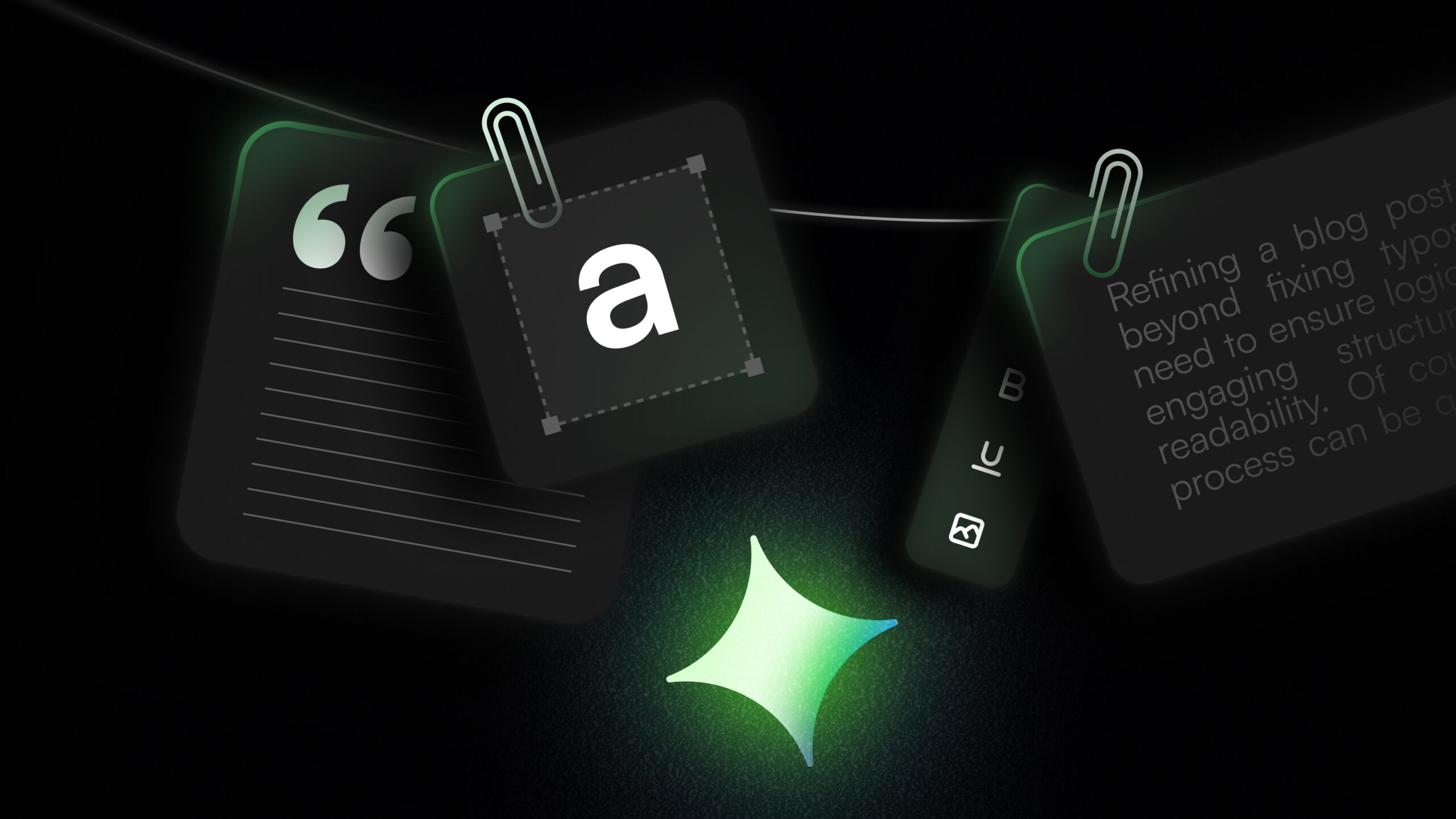
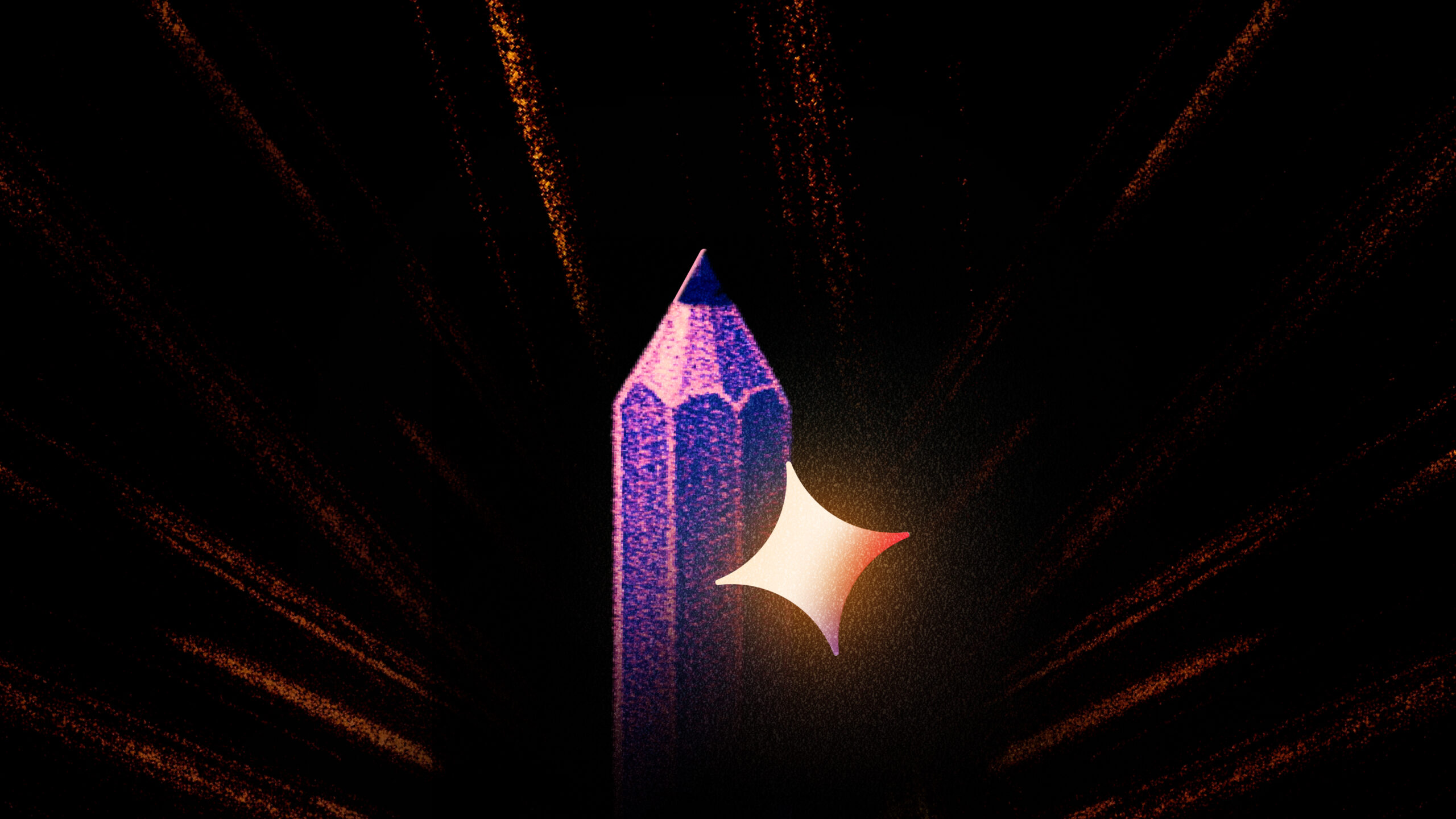
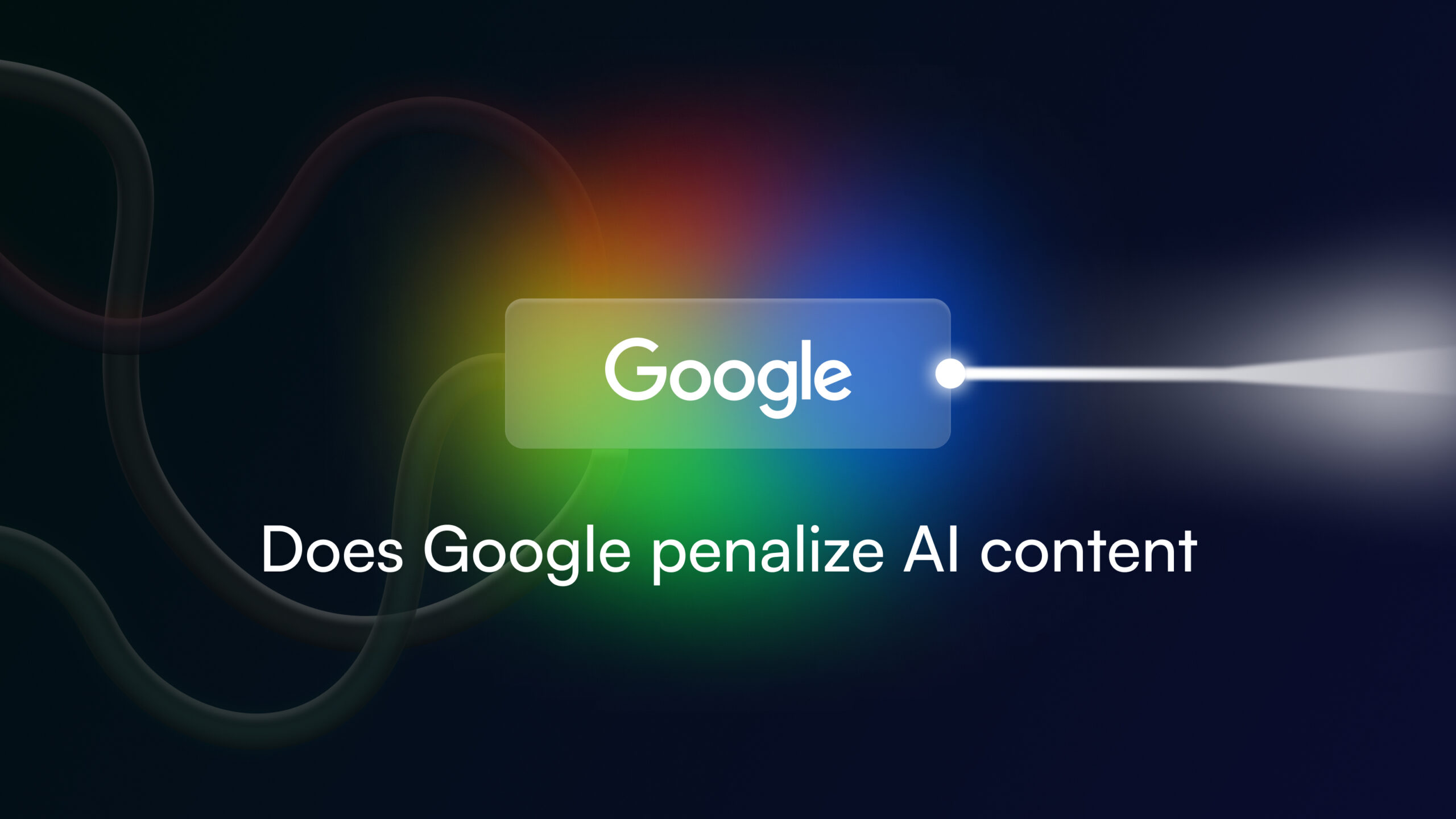

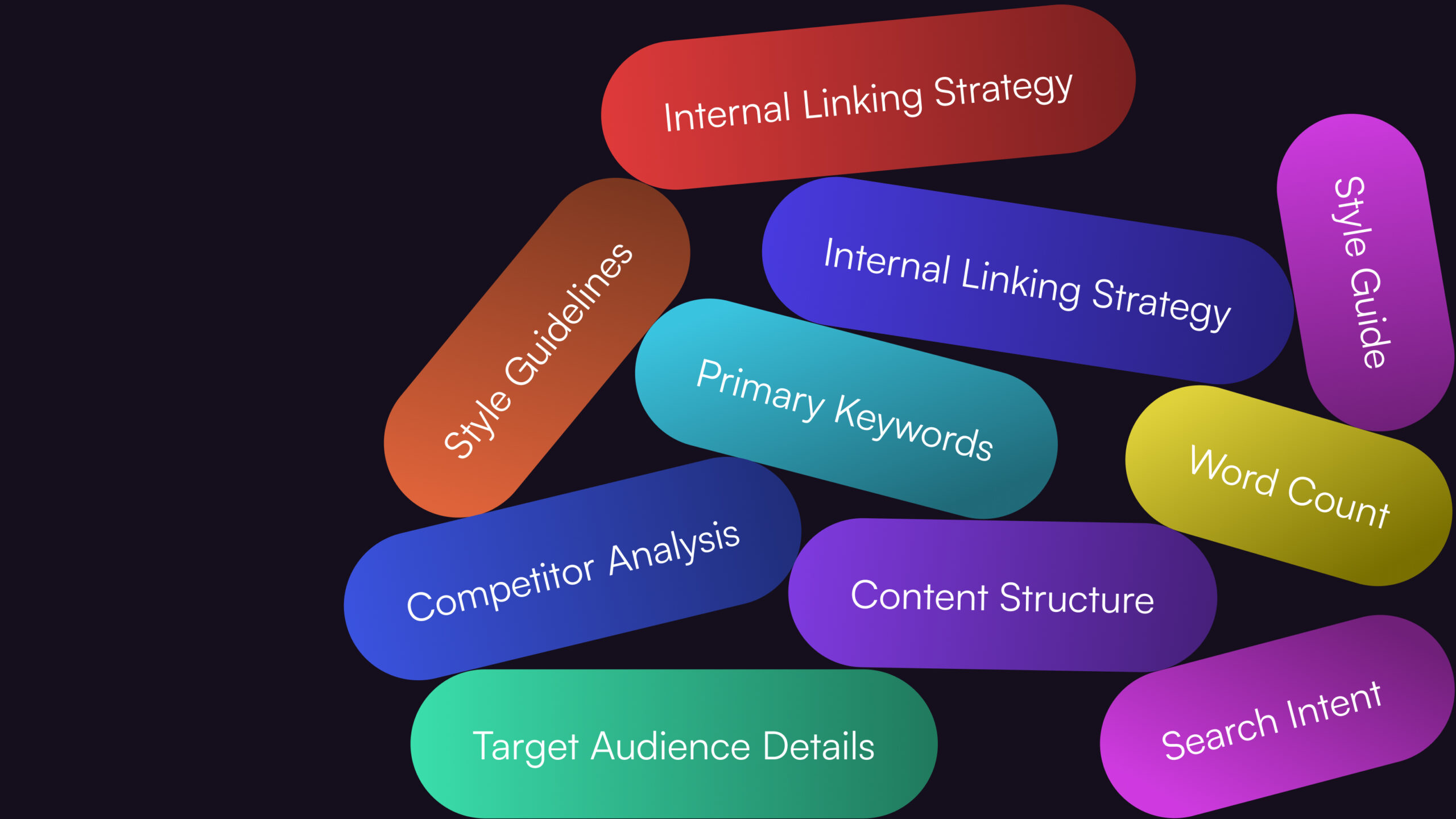


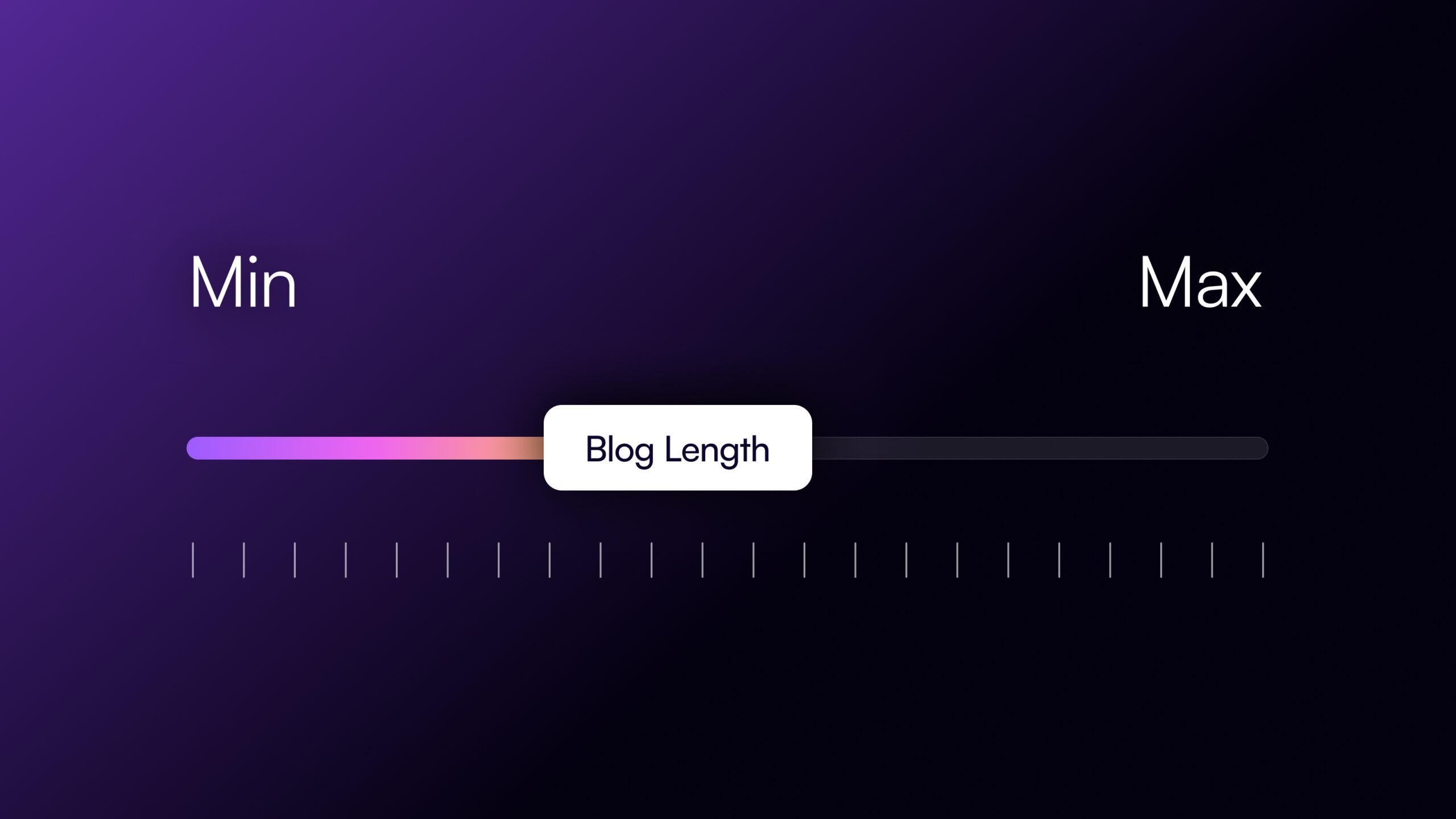
![The 11 Best AI Writing Tools to Try in 2025 [Tried & Tested]](/wp-content/uploads/AI-Writing-tools-For-Business.jpg)
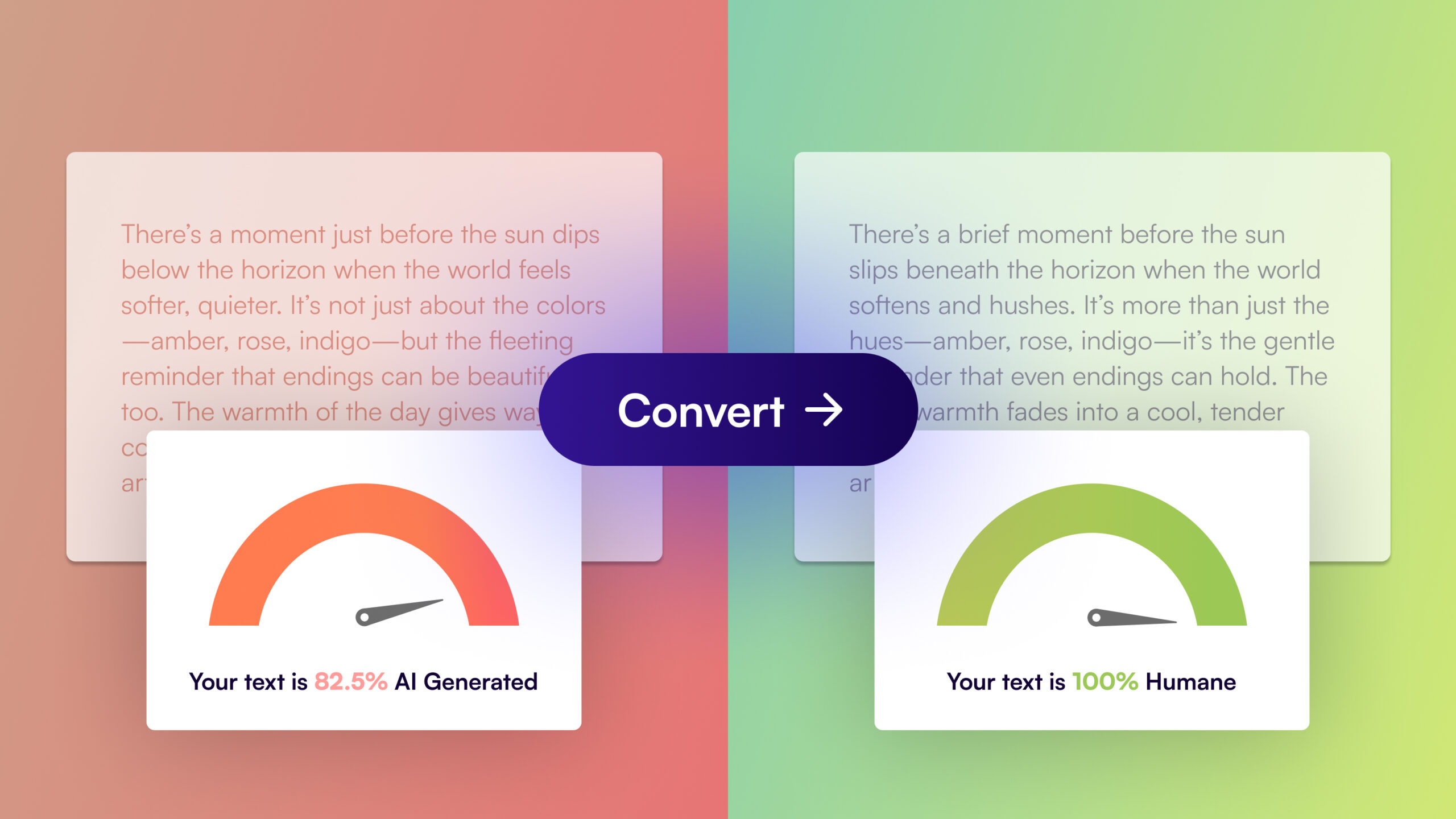

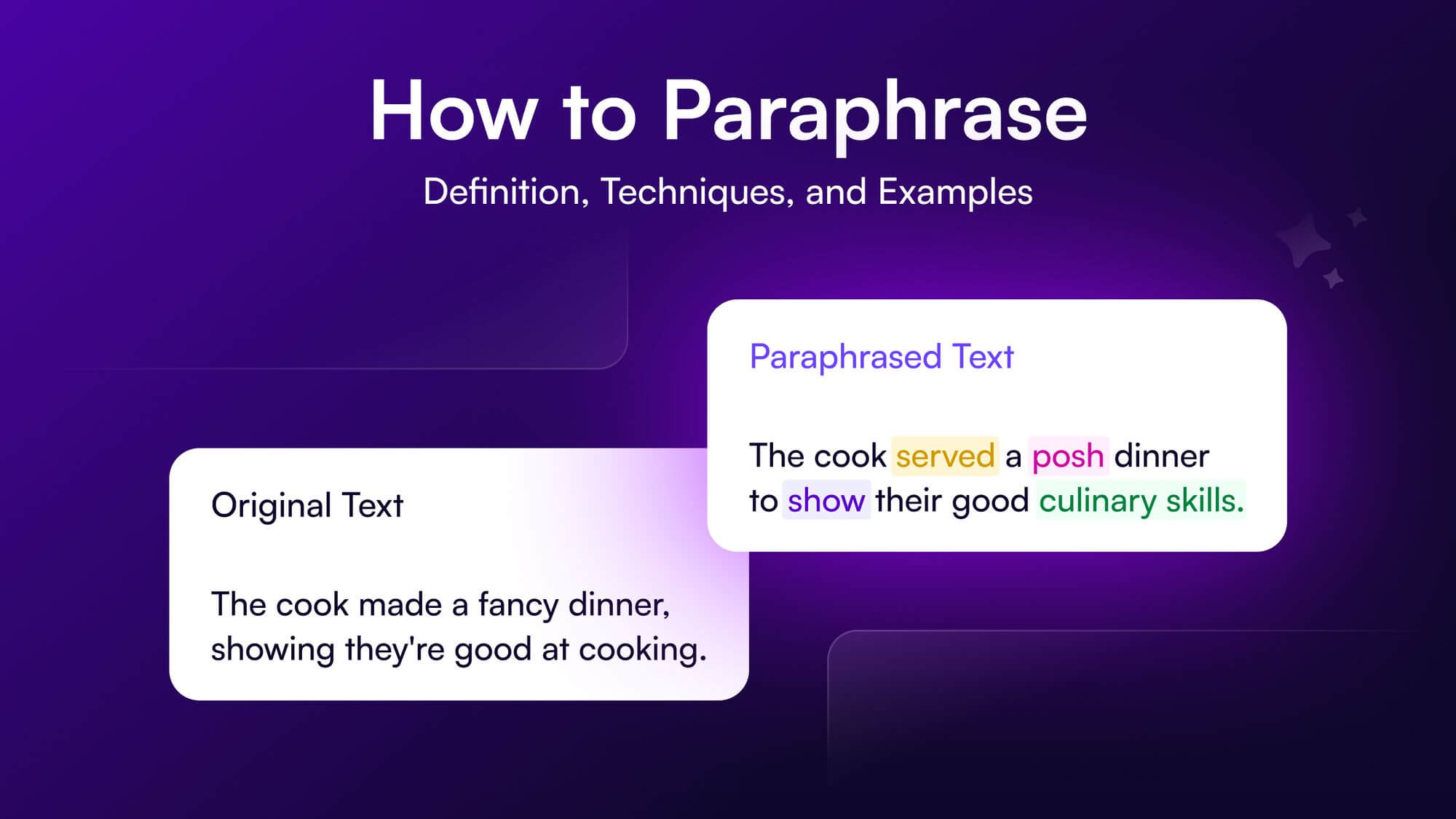


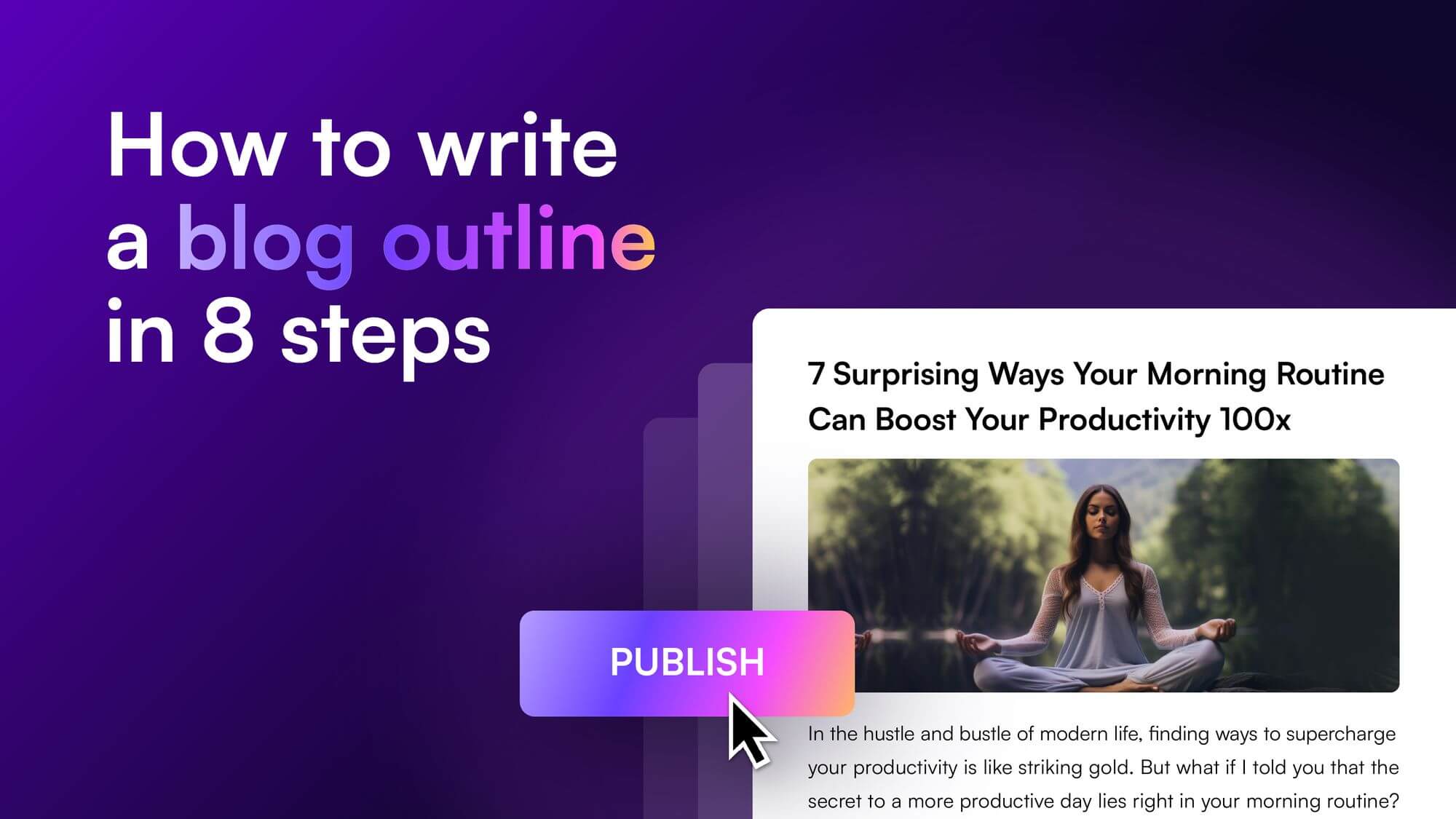

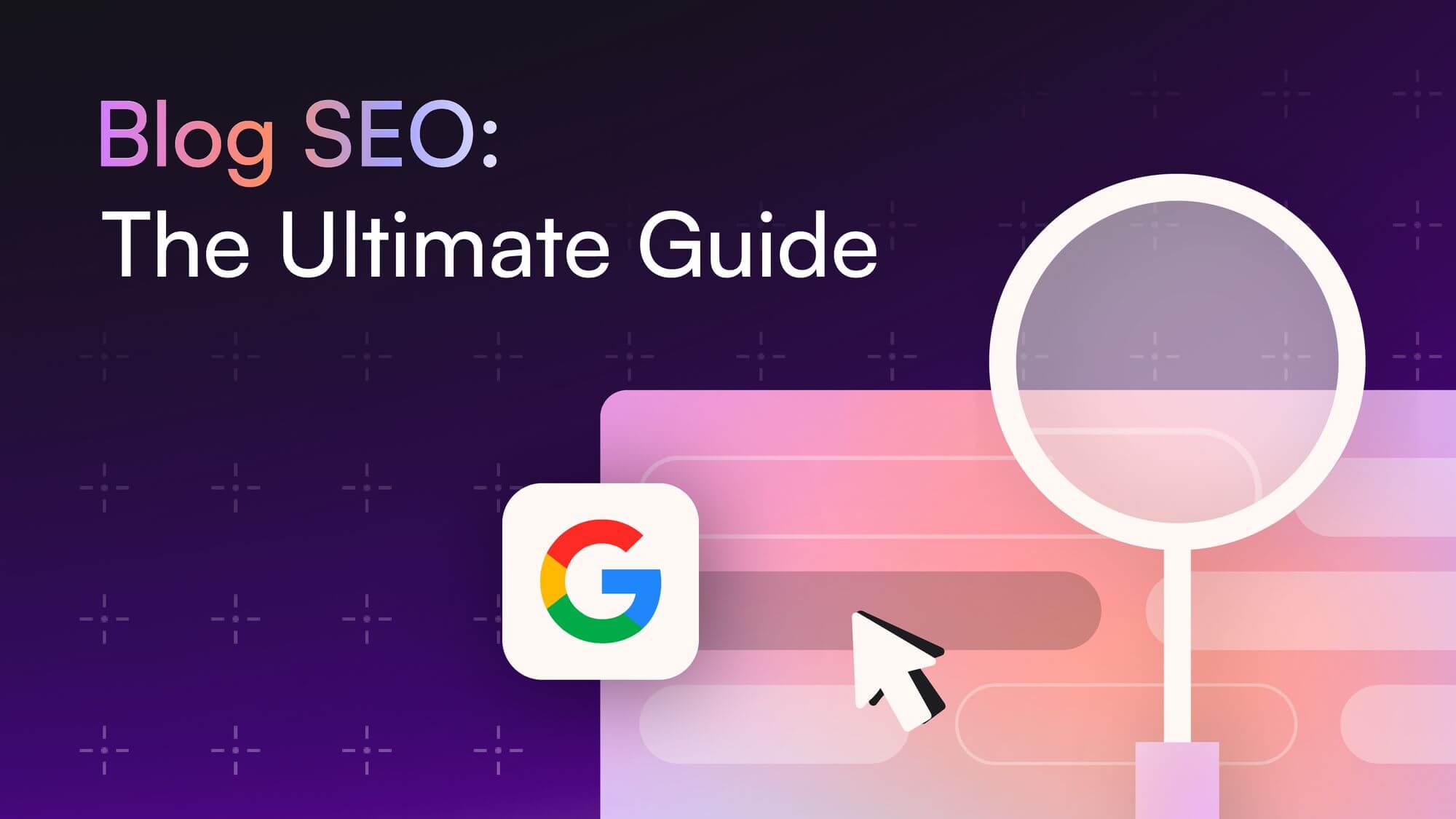

![How to Write a Blog in 2025: A Step-by-Step Guide [+Free Checklist]](/wp-content/uploads/How-to-write-a-blog-Thumbnail.jpg)


